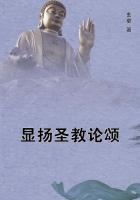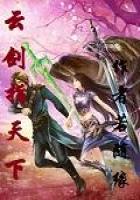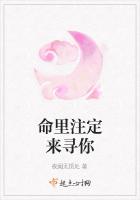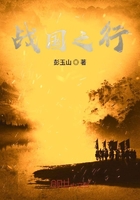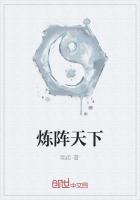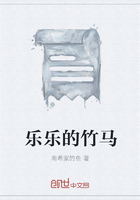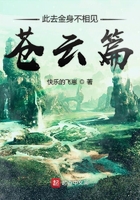ROBERT HERRICK - Born 1591 : Died 1674
Those who most admire the Poet from whose many pieces a selection only is here offered, will, it is probable, feel most strongly (with the Editor) that excuse is needed for an attempt of an obviously presumptuous nature. The choice made by any selector invites challenge: the admission, perhaps, of some poems, the absence of more, will be censured:--Whilst others may wholly condemn the process, in virtue of an argument not unfrequently advanced of late, that a writer's judgment on his own work is to be considered final. And his book to be taken as he left it, or left altogether; a literal reproduction of the original text being occasionally included in this requirement.
If poetry were composed solely for her faithful band of true lovers and true students, such a facsimile as that last indicated would have claims irresistible; but if the first and last object of this, as of the other Fine Arts, may be defined in language borrowed from a different range of thought, as 'the greatest pleasure of the greatest number,' it is certain that less stringent forms of reproduction are required and justified. The great majority of readers cannot bring either leisure or taste, or information sufficient to take them through a large mass (at any rate) of ancient verse, not even if it be Spenser's or Milton's. Manners and modes of speech, again, have changed; and much that was admissible centuries since, or at least sought admission, has now, by a law against which protest is idle, lapsed into the indecorous. Even unaccustomed forms of spelling are an effort to the eye;--a kind of friction, which diminishes the ease and enjoyment of the reader.
These hindrances and clogs, of very diverse nature, cannot be disregarded by Poetry. In common with everything which aims at human benefit, she must work not only for the 'faithful': she has also the duty of 'conversion.' Like a messenger from heaven, it is hers to inspire, to console, to elevate: to convert the world, in a word, to herself. Every rough place that slackens her footsteps must be made smooth; nor, in this Art, need there be fear that the way will ever be vulgarized by too much ease, nor that she will be loved less by the elect, for being loved more widely.
Passing from these general considerations, it is true that a selection framed in conformity with them, especially if one of our older poets be concerned, parts with a certain portion of the pleasure which poetry may confer. A writer is most thoroughly to be judged by the whole of what he printed. A selector inevitably holds too despotic a position over his author. The frankness of speech which we have abandoned is an interesting evidence how the tone of manners changes. The poet's own spelling and punctuation bear, or may bear, a gleam of his personality. But such last drops of pleasure are the reward of fully-formed taste; and fully-formed taste cannot be reached without full knowledge.
This, we have noticed, most readers cannot bring. Hence, despite all drawbacks, an anthology may have its place. A book which tempts many to read a little, will guide some to that more profound and loving study of which the result is, the full accomplishment of the poet's mission.
We have, probably, no poet to whom the reasons here advanced to justify the invidious task of selection apply more fully and forcibly than to Herrick. Highly as he is to be rated among our lyrists, no one who reads through his fourteen hundred pieces can reasonably doubt that whatever may have been the influences, --wholly unknown to us,--which determined the contents of his volume, severe taste was not one of them. PECAT FORTITER:--his exquisite directness and simplicity of speech repeatedly take such form that the book cannot be offered to a very large number of those readers who would most enjoy it. The spelling is at once arbitrary and obsolete. Lastly, the complete reproduction of the original text, with explanatory notes, edited by Mr Grosart, supplies materials equally full and interesting for those who may, haply, be allured by this little book to master one of our most attractive poets in his integrity.
In Herrick's single own edition of HESPERIDES and NOBLE NUMBERS, but little arrangement is traceable: nor have we more than a few internal signs of date in composition. It would hence be unwise to attempt grouping the poems on a strict plan: and the divisions under which they are here ranged must be regarded rather as progressive aspects of a landscape than as territorial demarcations. Pieces bearing on the poet as such are placed first; then, those vaguely definable as of idyllic character, 'his girls,' epigrams, poems on natural objects, on character and life; lastly, a few in his religious vein. For the text, although reference has been made to the original of 1647-8, Mr Grosart's excellent reprint has been mainly followed. And to that edition this book is indebted for many valuable exegetical notes, kindly placed at the Editor's disposal. But for much fuller elucidation both of words and allusions, and of the persons mentioned, readers are referred to Mr Grosart's volumes, which (like the same scholar's 'Sidney' and 'Donne'), for the first time give Herrick a place among books not printed only, but edited.
Robert Herrick's personal fate is in one point like Shakespeare's. We know or seem to know them both, through their works, with singular intimacy. But with this our knowledge substantially ends. No private letter of Shakespeare, no record of his conversation, no account of the circumstances in which his writings were published, remains: hardly any statement how his greatest contemporaries ranked him. A group of Herrick's youthful letters on business has, indeed, been preserved; of his life and studies, of his reputation during his own time, almost nothing. For whatever facts affectionate diligence could now gather. Readers are referred to Mr Grosart's 'Introduction.'

